|
THE MODERN ECO VILLAGE: 10 EYE-OPENING SUSTAINABLE COMMUNITIES
by Mateo Sol
THE BEAUTY OF THE MODERN ECO VILLAGE IS THIS: IT HELPS US TO REGAIN OUR ATTUNEMENT WITH THE NATURAL WORLD WHICH MOST OF US HAVE LOST IN THE RHYTHMS OF OUR INDUSTRIALIZED LIVES.
Our eco-system isn’t just responsible for our physical sustenance and survival, in fact, in my culture I was taught to look upon it as an essential element in my spiritual journey of self-knowledge, health and wholeness.
How can you truly know yourself without understanding your interconnectedness with the earth? Our land, our surroundings and habitat have gradually shaped our entire systems of language, culture, collective memory, physical appearance and sensitivity over millennia.
But there are groups of people in the world who have chosen to re-establish a deep bond with the earth. These people have started what they call “intentional communities” of like-minded individuals who want to holistically cater to the ecological, social, economic and cultural dimensions of life in order to create a more sustainable environment that not only cares for our physical needs but nourishes the communal soul that is currently so out of touch with itself.
These eco villages are diverse and varied, and span all across the planet. From yoga exercises overlooking the mountains of Peru, to picking community-grown organic vegetables in the local neighborhood garden, to waking up in a Tree House village in the jungle, each eco village on our planet has created something beautiful that we can learn from.
THE MODERN ECO VILLAGE: 10 AMAZING COMMUNITIES Be careful … you might want to migrate!
1. AUROVILLE
Established in 1968 in the South of India, Auroville was founded with the spiritual objective of embodying the ideal of human unity. With this philosophy of seeing our biophysical reality as an evolutionary expression of Spirit, the Auroville eco village has become a world-class leader in its compressed-earth building methods, harvesting of rainwater, plant-based sewage treatment and solar and wind energy.
2. CRYSTAL WATERS
Established in 1984 in northeastern Australia, Crystal Waters was the world’s first permaculture village. In a region plagued by drought, these 200 residents have created a small Oasis using intricate networks of dams, channels, and rainwater into thriving streams and lakes. It’s very common to see the local wildlife of kangaroos and wallabies hop by. Residents enjoy their own bakery, community center, and a quaint monthly country market.
3. DAMANHUR
Established in 1975, Damanhur may be the fastest growing high tech “fancy” eco village out there. The 600 residents are divided in 30 smaller communities which they refer to as “nucleos” that are spread across a spectacular sub-alpine valley in northern Italy. Each of the communities in the Damanhur Federation specializes in a specific field: solar energy, seed saving, organic meat production, education, healing, etc. They boast of having their own molecular biology lab that tests for genetically modified foods, smart phones for all residents and their own currency system. They highly value creativity and playfulness which has become the driving force behind some of their most beautiful and awe-inspiring temples.
4. ECOVILLAGE AT ITHACA
EcoVillage at Ithaca was founded in 1991 in upstate New York, mixing cooperative living with private ownership and considerable individual independence. It was established by Liz Walker, a community organizer, who set up a nonprofit organization to purchase land to create “an attractive viable alternative lifestyle to American life,” based on Green buildings, renewable energy systems, cohousing communities, an independent organic farm, open-space preservation, and social entrepreneurship. There are 160 members living on 175 acres who enjoy trails for walking and cross-country skiing, a pond for swimming and ice-skating, as well as the bounty from two ecovillage farms. The nonprofit community is run by a board of directors together with the residents. The homes are privately owned by residents, who pay monthly fees for common buildings and shared facilities. They eat several meals a week together, prepared by volunteer cooks, and share a rich social life.
5. ECO TRULY PARK
Located an hour drive from Lima, Peru, Eco Truly Park is an ecological and artistic community founded on the principles of non-violence, simple living and harmony with nature. Both the architecture and the values of the community are inspired by traditional Indian teachings and lifestyles. Eco Truly Park has a goal of being fully self-sustainable, and currently boasts a large organic garden. Open to volunteers, the community offers workshops in yoga, art and Vedic philosophy.
6. FINCA BELLAVISTA
Finca Bellavista is a network of rustic, hand-built tree houses in the mountainous South Pacific coastal region of Costa Rica, surrounded by a jungle that is brimming with life. The off-grid, carbon-neutral tree houses are connected by aerial walkways and include a central community center with a dining area, barbecue and lounge. Gardens, ziplines and hiking trails make it even more of a tropical paradise. Prospective community members can design and build their own tree houses. Additionally, some of the tree house owners rent out their homes, and there are visitor accommodations available.
7. FINDHORN
Findhorn was established in 1962 and is the grandfather of all Eco-villages. The community grew out of the personal quest of three people, Peter and Eileen Caddy and Dorothy Maclean, who found themselves homeless and living together in a small caravan, supported by welfare and trying to supplement their meager income with an organic vegetable garden. Their spiritual discipline slowly led to a mystical communion with the spirits of the plants, the soil, and the place. This guided their gardening until they found themselves producing near-miraculous harvests. Their story became a succession of synchronicities, leading to the establishment of the Findhorn eco village and its related educational foundation, all based on a spiritually guided form of organic gardening. Today Findhorn has some 450 resident members and is the largest intentional community in the United Kingdom. It has been measured as having the lightest ecological footprint of any community in the country (with half the average use of resources and half the environmental impact), and it has been given a Best Practices award by the United Nations Center for Human Settlement.
8. SARVODAYA
Established in 1957, Sarvodaya Shramadana is a non-profit education foundation composed of 15,000 villages in Sri Lanka that work with it. The organization runs on minimal money, preferring to mobilize the volunteer help of retired elders who have the time, skill, and need to be of service to the new generation. The volunteers go out among some fifteen thousand villages offering technical assistance and advice in shifting from a market-dominated model of production to a “no poverty, no affluence” form of sustainable agriculture. Sarvodaya’s visionary statement of rights includes not only water, food, and shelter but, in the spirit of the quest, the right to a beautiful environment and a meaningful life.
9. SIEBEN LINDEN
Established in 1997, Sieben Linden named after the seven linden trees on the land is an off-the-grid community of about 150 inhabitants who live on 200 acres of fertile farmland and pine plantations. Sieben Linden focuses on closed energy and resource cycles, natural building with local straw, clay and timber; organic farming; and draft horsemanship for farming and forestry which all accounts for their minimal resource consumption and waste production (roughly 1/3 the German average).
10. TAMERA PEACE RESEARCH
Tamera was founded in Portugal with a non-violent life model for cooperation between human beings, animals and nature philosophy. It is now home to 250 coworkers and students who study how humans can live peacefully in sustainable communities, in harmony with nature and most importantly, in relationships among themselves (dealing with topics of jealousy, sexuality, etc.). The village includes a non-profit peace foundation, a “SolarVillage” test site, a permaculture project with an edible landscape, and a sanctuary for horses.
Source: https://lonerwolf.com/eco-village/
|
 Reception of Two Visitors and Farewell to Sister Shangfa
written by Qianzi Celes
Reception of Two Visitors and Farewell to Sister Shangfa
written by Qianzi Celes
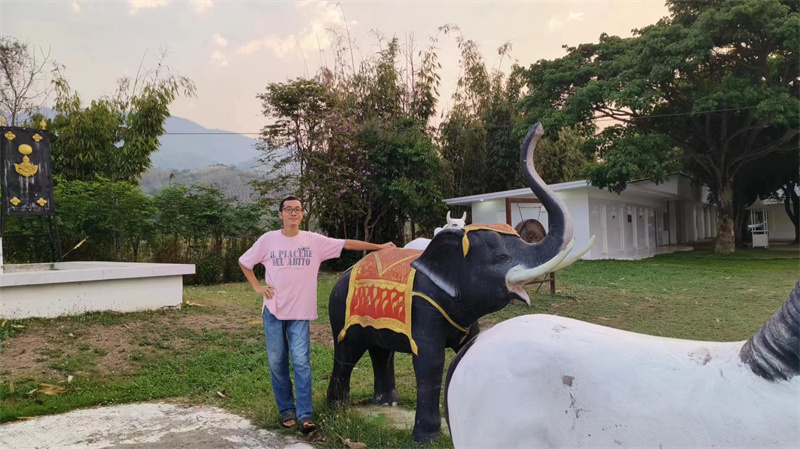 Go out for a trip
written by Qianzi Celestial
April 22, 2024
The joyful days pa
Go out for a trip
written by Qianzi Celestial
April 22, 2024
The joyful days pa
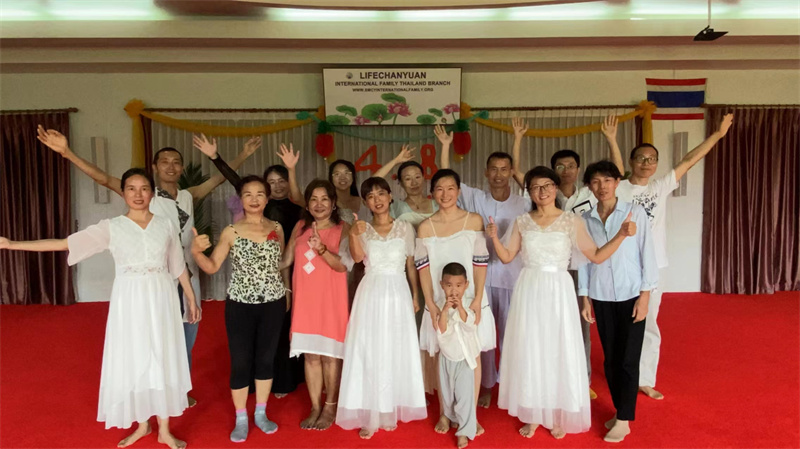 Celebrating the 15th Anniversary of 4.18 in Lifechanyuan Thailand Branch — Lov
Celebrating the 15th Anniversary of 4.18 in Lifechanyuan Thailand Branch — Lov
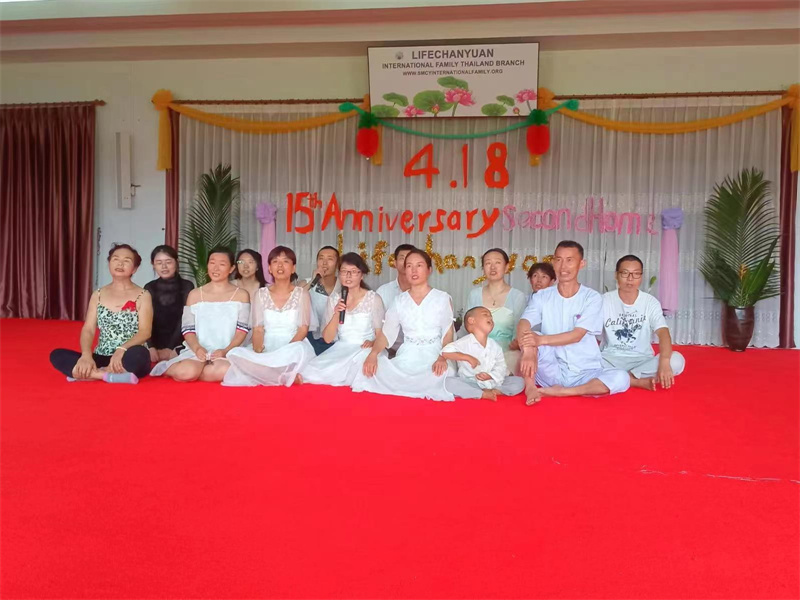 Celebrating the 15th Anniversary of 4.18 in Lifechanyuan Thailand Branch - Singi
Celebrating the 15th Anniversary of 4.18 in Lifechanyuan Thailand Branch - Singi
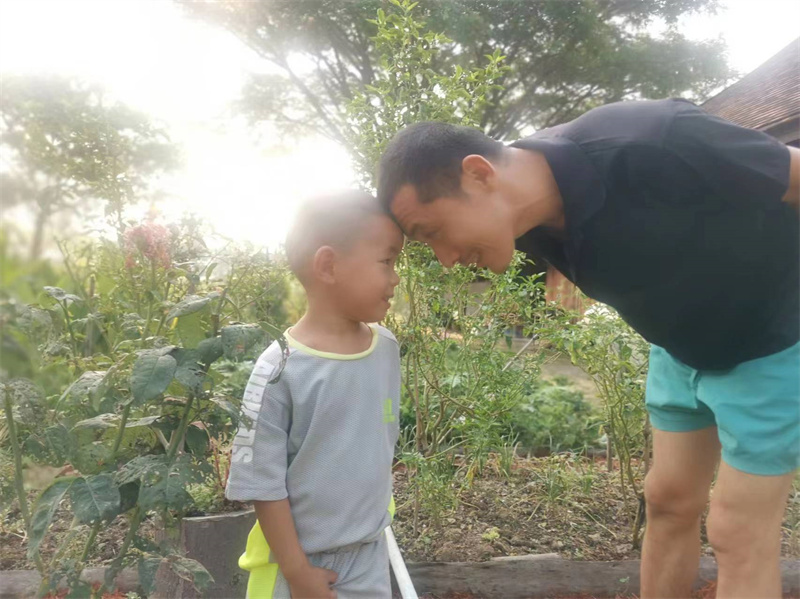 Celebrating the 15th Anniversary of 4.18 in Lifechanyuan Thailand Branch - Game
Celebrating the 15th Anniversary of 4.18 in Lifechanyuan Thailand Branch - Game
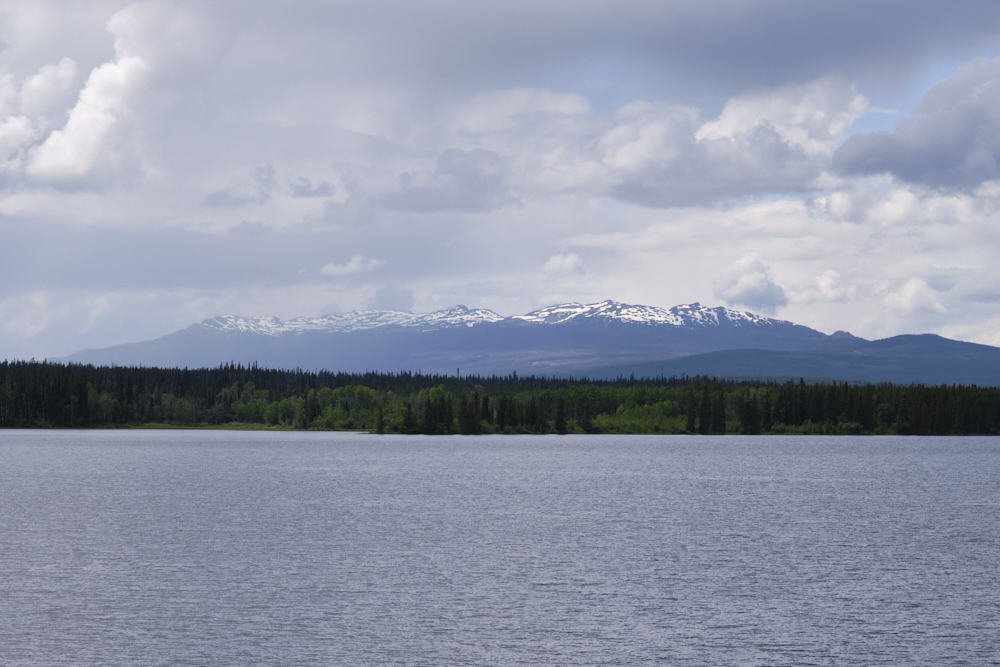 Lifechanyuan Canada's New Home Awaits You
Xuefeng
April 7, 2024
Lifechanyuan has
Lifechanyuan Canada's New Home Awaits You
Xuefeng
April 7, 2024
Lifechanyuan has
 Post time 2017-09-21 11:45:44
|
3306views0replies
Show the author posts only
|View large image
Post time 2017-09-21 11:45:44
|
3306views0replies
Show the author posts only
|View large image
 |Descending
|Read mode
|Descending
|Read mode






 Favorites
Favorites Relay
Relay Shares
Shares Collection
Collection